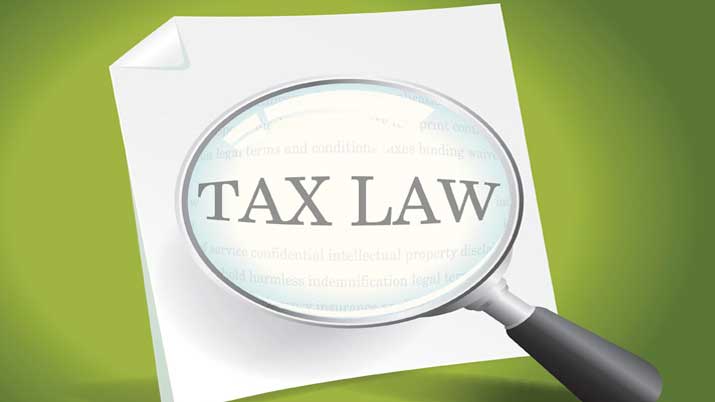Jonathan Hore
Employers usually throw remuneration packages in the face of employees and the latter blindly sign on the dotted line without establishing whether the employer can restructure such packages, tax-efficiently. One instance where employees may make tax efficient remuneration negotiations is when an employer states that they are entitled to a bonus, either a 13th cheque or one based on performance. A travel concession or a combination of a bonus and a travel concession will prove to be more tax-efficient than a mere bonus, as will be explained in this article. A travel concession may also be opted for in exchange of a sacrificed or lower salary. In this article, words importing the masculine shall be deemed to include the feminine.
What is a travel concession?
A travel concession is not defined in the Income Tax Act, but in practice it is an allowance paid to an employee for them to go on leave, re-energise and return invigorated to render services to the employer. The Income Tax Act does not exempt travel concessions from tax but an exemption or concession was circumstanced by a BURS ruling through the PAYE Tax Tables. It is commonly known that travel concessions are enjoyed by, among others, civil servants and some employees of quasi-government institutions such as parastatals.
The BURS ruling mentioned above states that “the following is a list of examples of allowances payable to employees categorised as taxable and non-taxable … these allowances are allowable provided they are reasonable, commensurate with the duties to be performed and are paid wholly, exclusively, necessarily for the purpose of performance of the duties by the employees.” The said tables then go on to list ‘travel concessions’ under ‘non-taxable’ allowances.
Tax efficiency explained
Section 32, as read with the Fifth Schedule to the Income Tax Act, brings to tax the full amount of a bonus whilst travel concessions are, as stated, not subject to tax. As such, employees can negotiate for a travel concession instead of a bonus or take a reduced salary in exchange for a travel concession. This comes with the obvious effect of a reduced PAYE burden, premised on the BURS ruling. The critical issue is that the travel concession must be “reasonable,” although BURS did not expand on what is considered reasonable. By default, the decision to determine reasonableness falls upon the employer and the employee. If an employee earns more than P144 000 per annum and gets a bonus, the excess above P144 000 will be subject to tax at 25%. If such employee switches a bonus or part of their salary for a travel concession, they save to the extent of 25% of the amount paid as travel concession.
Conclusion
It is important that such arrangements are covered by an employment contract which makes the remuneration structure binding upon both the employer and employee. As already stated, it is critical that the travel concession be reasonable so that the arrangement does not appear as a sham meant to abuse an available tax concession. Once the legal formalities are fulfilled, then the employee may enjoy the benefits of the tax-free travel concession.
Well, folks, I hope that was insightful. As Yours Truly says goodbye, remember to pay to Caesar what belongs to Caesar. If you want to join our tax Whatsapp group or to know more about our nine tax ebooks, send me a text on the cell number below.
This article is of a general nature and is not meant to address particular matters of any person. Tax consulting is advised if decisions are to be made. Jonathan Hore is a Managing Tax Consultant at Aupracon Tax Specialists and feedback may be relayed to jhore@aupracontax.co.bw or 71 81 58 36.

